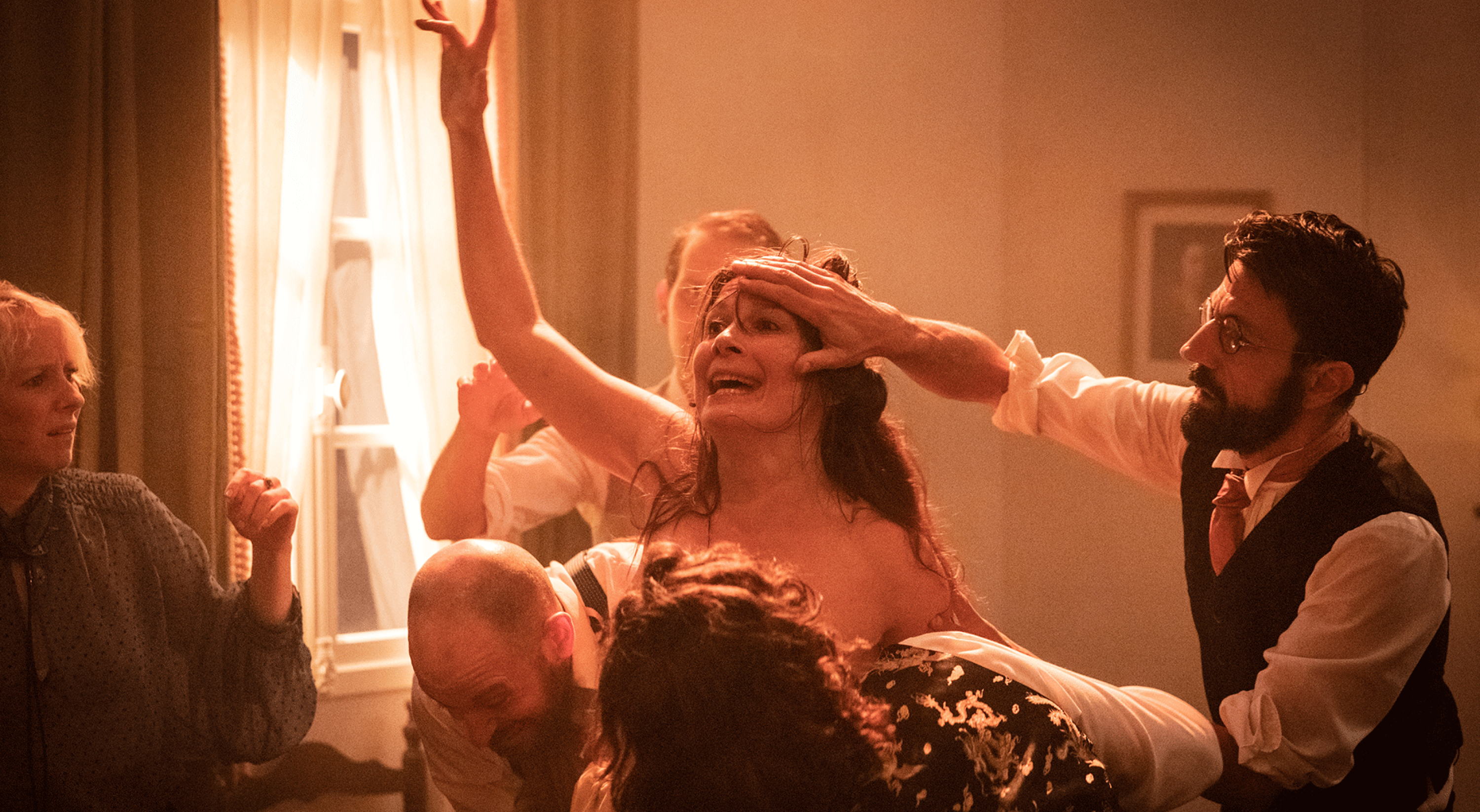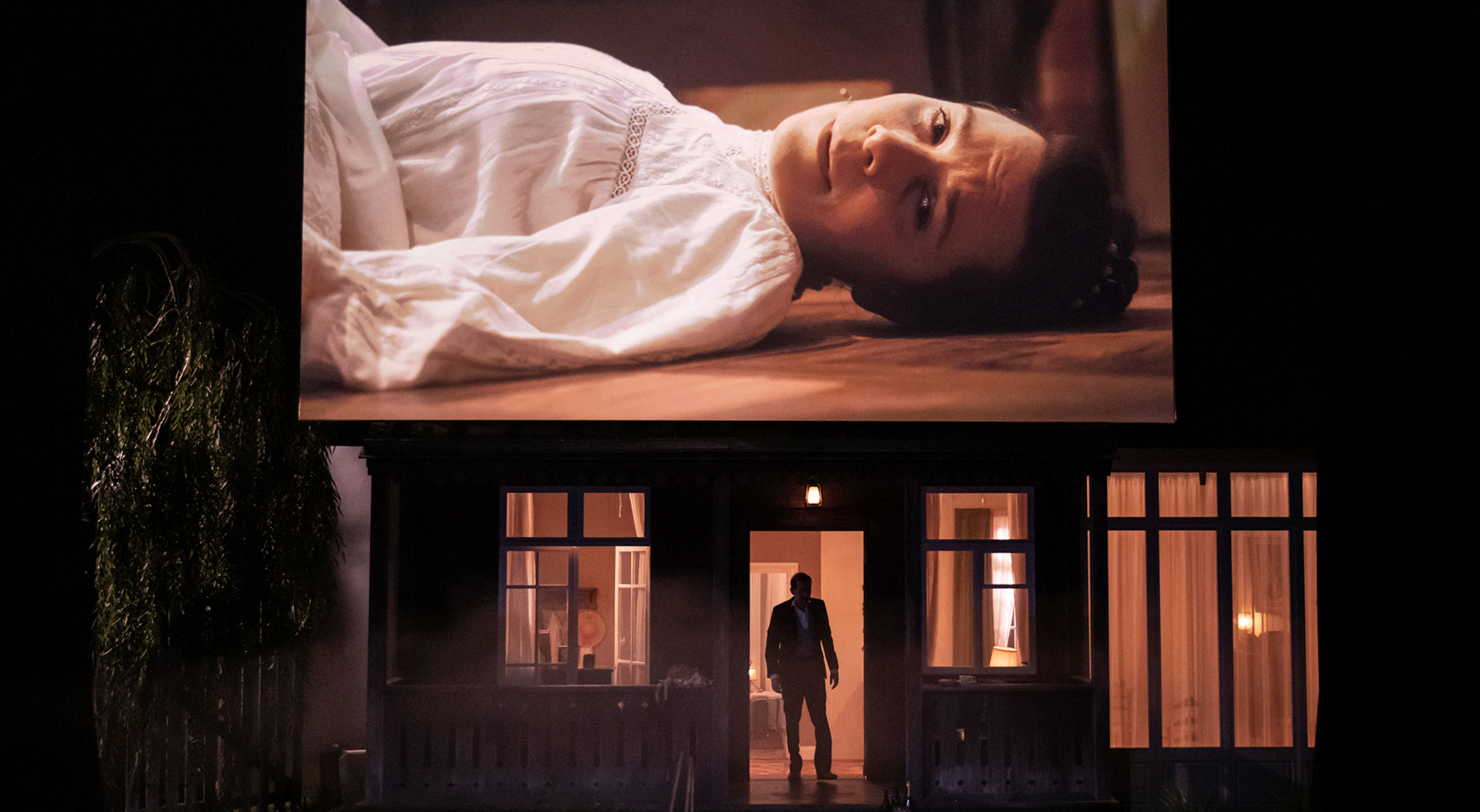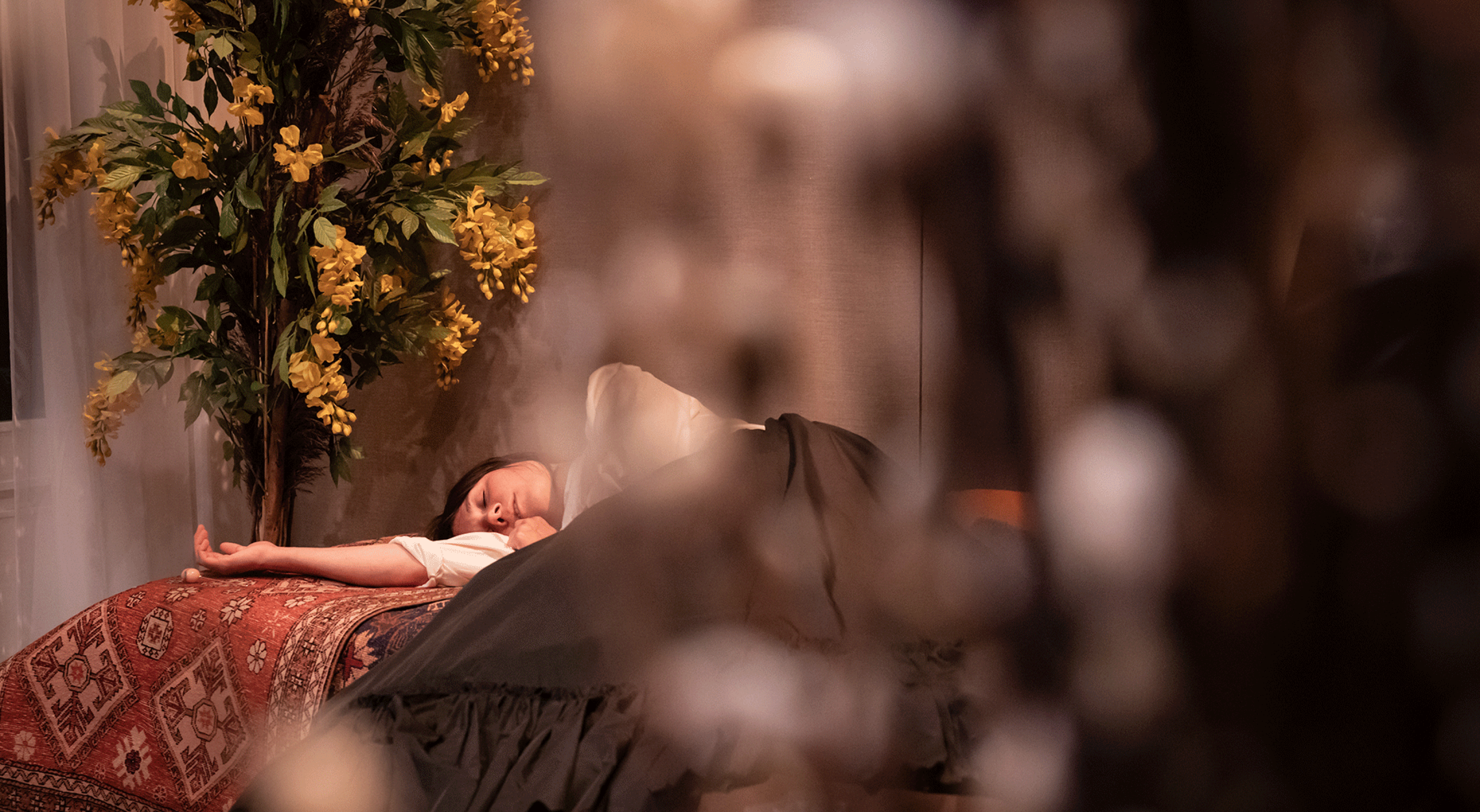Julien Gosselin
Le Passé
novembernov 30 - december – dec 30
Text, Léonid Andreev
Translation, André Markowicz
With Guillaume Bachelé, Joseph Drouet, Denis Eyriey, Carine Goron, Victoria Quesnel, Achille Reggianni, and Maxence Vandevelde
Stage design, Lisetta Buccellato
Assistant stage design, Eddy d’Aranjo
Music creation, Guillaume Bachelé, and Maxence Vandevelde
Lighting design, Nicolas Joubert
Video design, Pierre Martin
Sound design, Julien Feryn
Costumes, Caroline Tavernier
Accessories, Guillaume Lepert
A coproduction by Odéon-Théâtre de l’Europe and Festival d’Automne à Paris.
This show is presented in association with Odéon-Théâtre de l’Europe and Festival d’Automne à Paris
A production by Si vous pouviez lécher mon cœur
A coproduction by Odéon-Théâtre de l’Europe (Paris) ; Le phénix, scène nationale de Valenciennes – pôle européen de création ; Théâtre National de Strasbourg ; Théâtre du Nord, CDN Lille – Tourcoing Hauts-de-France ; Maison de la Culture d’Amiens – pôle européen de création et de production ; L’empreinte, Scène nationale Brive-Tulle ; Château Rouge, scène conventionnée à Annemasse ; La Passerelle, scène nationale de Saint-Brieuc ; Scène Nationale d’Albi ; and Festival d’Automne à Paris
In association with Odéon-Théâtre de l’Europe (Paris) ; and Festival d’Automne à Paris
With support from Montévidéo and exceptionnal support from DGCA / DRAC Hauts-de-France
Artistic participation of Jeune Théâtre National
Combining the habitual mixture of theatre, texts, images and musical creation, Julien Gosselin also summons up, in this unique look at the past, painted canvasses, candle-lit footlights, flats, and ancient costumes. They cohabit with the camera, glass spaces, like images from the contemporary world.
As in Solaris by Tarkovski – the spectre of which hangs over the stage – and in which the plans of the space rocket alternate with the image of a crowd of peasants in a painting by Brueghel, the piece brings into existence a loop via the energy of Leonid Andreev's convulsive near-fantastical writing. This loop tells us that the future is the past. Between a prolix decorum of bourgeois salon, winter gardens, painted landscapes, and acting for those in the pit, Julien Gosselin and his eight actors and musicians bring us a homage to disappeared art and humanity. It is a profound reverence to times which are incomprehensible today, as if seen from space, or from the future. He mixes life and theatre all together, in a way which Leonid Andreev did with so much ardour. A parallel is drawn up between humanity's forthcoming disappearance and the present-day dissolution of a certain type of theatre. It is one which puts us in contact with lost worlds, human beings no longer in existence, and languages which have changed over the course of time. It gives us the opportunity to bring the dead back to life, even if for a fleeting moment.



